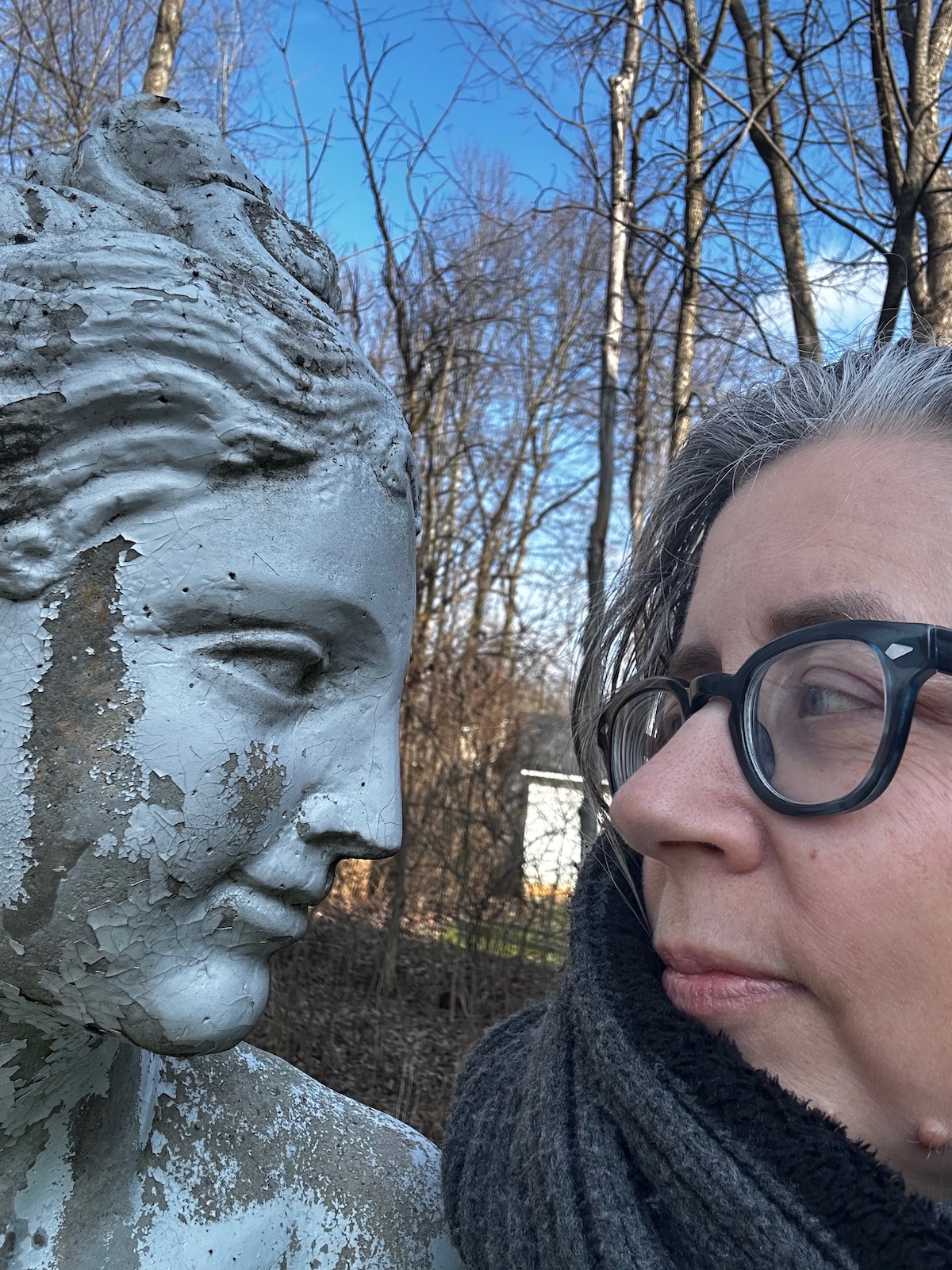A teacher’s take on what feels IMPOSSIBLE about writing
I spent time recently with a teacher colleague whose description of her work gave me that buzzzzzzy feeling I get when something's important. She tutors students with learning challenges—brilliant kids who can decode text beautifully but can’t understand what the author is saying. They’re stuck in downward spirals, defeated by tasks that feel overwhelming.
Her first mission, she says, is to transform that experience into an upward spiral.
Buzzzzzzz! Some authors I work with have this exact problem, but in reverse. They understand their subject matter perfectly but struggle with “encoding”—organizing their brilliant thoughts so others can actually decode and understand them.

The Great Expertise Paradox
You’re a goddamn expert! You've built something meaningful, solved problems that would make others weep, lived through experiences that transformed you! You know your story better than anyone else possibly could!
So WHY does that empty, blinking cursor feel like it's giving you a failing grade?!
You’re facing the flip side of my colleague’s students’ challenge: You get it completely, but you can’t figure out how to help others get what you know. When it comes to encoding that hard-won knowledge—organizing it, structuring it, translating it so others can decode and understand—suddenly you’re the one struggling.
If you experience this, breathe. All writers have had this horrible feeling when they want to cast their laptop off a cliff. (If they say they haven’t, they’re hiding something.) Writing is a skill that can be learned. It is an art that can be practiced. Writing is an interactive dance between what you know (the expertise), what you feel (the emotional truth), and what you do (the craft of making words mean more than, well, words).
With writing, you’re organizing thoughts that have never needed this kind of structure structure, forcing yourself to put words together at your expertise level, and translating experiences into stories that hit readers right in their guts.
It's like trying to explain to someone how you know when to throw a combination in the boxing ring—you've internalized years of training, footwork, and timing, but breaking down that split-second decision into teachable steps is a completely different skill. (Which is why I think my boxing coaches are the best tutors around!)
One Exercise to Get Past the “F for Fail” Feeling
Like my colleague's students, we can work our way out of a downward spiral. Here's one technique that helps shift the energy.
The “Beginner's Mind” Translation
Why it works: This forces you to experience both sides of the comprehension gap.
Your mission:
1) Write two descriptions of the same core idea:
- For an insider (full technical depth, the way you'd explain it at work)
- For a bright young student, between 12 and 14 (concrete, simple, zero jargon)
2) Notice what you have to add, change, or completely rethink in version two.
This exercise shows you not only where your encoding gets stuck but gives you practice translating your (internal) expert logic into (external) clarity too. It's humbling, illuminating, and surprisingly effective.
Give it a try next time you're spiraling. At the very least, you'll share some mindspace with some of the best writers around—12- to 14-year-olds.

Is Self-Teaching Enough?
Like any art, writing is a path of development. If you have time and energy, self-teaching strategies can help you build a bridge between your expertise and your message. But if you’re short on energy or time—if you’ve got a business to run, a family to nurture, or a publisher’s deadline looming—the encoding challenge can run deeper than techniques can efficiently solve.
That’s when a partnership—a ghostwriter, a writing coach, or an editor—can make the difference. Just as my colleague helps students reverse their spirals by understanding exactly where their comprehension breaks down, the right collaborator can work with authors to identify where their voice or writing gets stuck.
Speaking of which—this is exactly what I do!
I specialize in seeing both sides: I've developed an approach that works with your deep expertise and how readers will receive it, chapter by chapter. If you are ready to stop wrestling with that mocking cursor and start sharing your story? Contact me!—I’d love help build your bridges.
Elizabeth Smith is a ghostwriter, developmental editor, and book strategist with two decades of publishing experience—and a southpaw with a mean right hook. Between a NYC boxing gym and her Mojave Desert maison, she helps thinkers, creatives, and organizations articulate their ideas through books that resonate deeply. Ready to transform your vision into a book with impact? Let’s connect!
For monthly strategies for breaking your book open with a breakthrough, subscribe to The Queen of Everything: Field Notes from the Front Lines of Book Creation.




